8 Awesome Source Code Management Tools to Keep In Check
Check out the awesome eight source code management tools that offer unique features. These source code management tools will boost your productivity.
Join the DZone community and get the full member experience.
Join For FreeLooking for the best Source code management tools to boost your productivity? Well then, here I have collected the best eight SCM Tools that you will definitely find noteworthy.
Before we move further, let's learn a bit about source code management tools and the advantages of using one.
What Is a Source Code Management Tool?
A source code management (SCM) tool is a software application that provides a centralized location for storing, managing, and versioning source code files and other software development artifacts. It helps teams of developers work together on a codebase by allowing them to track changes, collaborate on features, and resolve conflicts when multiple developers make changes to the same files.
Examples of SCM tools include Git, Subversion (SVN), Mercurial, and Microsoft Team Foundation Server (TFS). These tools typically provide features like version control, branch and merge support, issue tracking, and integration with continuous integration and deployment (CI/CD) systems. As a result, using an SCM tool can greatly improve the collaboration, efficiency, and reliability of software development processes, making it a critical component of modern software development workflows.
A source code management system's primary function is to provide file and configuration management and version control capabilities to ensure development teams are always working with the most up-to-date code and prevent them from overwriting each other's code changes. These tools also allow developers to work on code concurrently, merge their changes, track and review requested changes, monitor bug fixes, and perform releases.
What Are the Benefits of Source Code Management?
Source code management offers many benefits, including:
- Version Control: SCM allows developers to keep track of changes made to the source code over time, making it easier to revert to previous versions if needed.
- Collaboration: SCM systems facilitate collaboration between multiple developers, making it easier to work on the same codebase simultaneously.
- Backups: SCM systems store multiple source code versions, providing a backup in case of data loss or corruption.
- Traceability: SCM provides a complete history of changes made to the source code, making it easier to track bugs and understand why specific changes were made.
- Improved Quality: SCM helps ensure that the code is well-organized, readable, and maintainable, leading to improved code quality.
- Streamlined Deployment: SCM can automate deployment processes, making it easier to deploy new versions of the code to production environments.
In short, source code management tools do the following:
- Provide a mechanism to keep track of file changes.
- Allow multiple team members to work on the same file simultaneously.
- Automates workflows for effective code management.
- Enhances communication with comments and notifications.
- Shows code history with graphic displays.
- Generates release notes automatically.
- Provides centralized code storage for backup and access.
- Provides UI- or web-based interfaces for developers to visually see the differences between the two versions of the same file.
- Provides a technique to resolve conflicts when the same line in a file is changed by multiple members of the team.
Now, Let's check the awesome eight source code management tools.
Best Source Code Management Tool
A source code management system (SCM) is a software tool that coordinates the coding work of a software development team (e.g., Bitbucket, IBM Rational ClearCase, or open-source tools like Github and Apache Subversion). It is also referred to as a "version control system" or "source control system."
Below you will find the best Source Code Management Tools.
1. Github

GitHub is a web-based platform for version control and collaboration that helps developers work together on software projects. It is built on top of the Git version control system, which was developed by Linus Torvalds, the creator of the Linux operating system. GitHub offers a wide range of features that make it easy for developers to manage and track changes to their code, share their work with others, and work collaboratively on projects.
With GitHub, developers can store their code in a central repository and track changes using Git's powerful version control system. GitHub also provides tools for issue tracking, project management, and continuous integration and delivery, making it a one-stop shop for software development teams. Additionally, the platform has a large and active community of developers who can contribute to and use open-source projects hosted on the site, making it an excellent resource for finding and sharing code. Whether you're a seasoned programmer or just starting out, GitHub is a valuable resource that can help you improve your skills and work more efficiently.
Pros:
- Supports Windows, Mac, and mobile devices.
- Supports cloud-based deployment.
- Can manage multiple projects and permissions at a granular level.
- Great documentation and support.
Features:
- GitHub provides project management features.
- Developers use it for personal projects or to do experiments with new programming languages.
- For enterprises, it provides the features of SAML single sign-on, access provisioning, and 99.95% uptime.
- Invoice billing, advanced auditing, unified search, contribution, etc.
- GitHub provides security features like security incident response, two-factor authentication, etc.
Tool Cost /Plan Details:
- Basic Free/Premium Paid
We at ThemeSelection, use GitHub to manage our projects that can be used for developing any kind of web app, such as eLearning platforms, Banking apps, CRM/CMS, Fitness apps, SaaS apps, etc. We manage the code of our every product through GitHub, and it is by far the best SCM tool for it.
2. Bitbucket

Bitbucket is a web-based hosting service for version control repositories that is owned by Atlassian. It offers both free and paid plans for individual and team use, making it a popular choice for software development projects. Bitbucket supports popular version control systems such as Git and Mercurial and integrates with several tools such as Jira, Trello, and Slack for enhanced collaboration and project management.
Bitbucket allows for seamless code collaboration and review, making it a valuable tool for software development teams. The platform offers features such as pull requests, code reviews, and branch permissions, which enable developers to collaborate on code changes in a streamlined and controlled manner. Bitbucket also provides detailed reporting and analytics to help teams track project progress, code quality, and team performance. With its robust security features, teams can trust Bitbucket to keep their code and data secure while focusing on delivering great software.
Pros:
- Great integration with Atlassian products like Confluence and Jira.
- Friendly GUI and easy to learn.
- Supports automated deployment and testing.
- Supports Git and Mercurial version control systems.
- Offers both free and paid plans for individual and team use.
- Seamless code collaboration and review through pull requests and code reviews.
- Integrates with popular tools such as Jira, Trello, and Slack.
- We have detailed reporting and analytics to track project progress.
Features:
- One-stop solution for versioning, project management, and collaboration.
- Team-based workspaces.
- Code collaboration and review through pull requests and code reviews.
- Branch and merge management.
- Integration with popular tools such as Jira, Trello, and Slack.
- Detailed reporting and analytics.
- Robust security features, including two-step verification and IP whitelisting.
- Support for large file storage and management.
- Customizable workflows and permissions.
Pricing:
- Free for small teams with up to five members.
- Standard and Premium come at $3 and $6 per user/month, respectively.
3. Azure Team Foundation Server
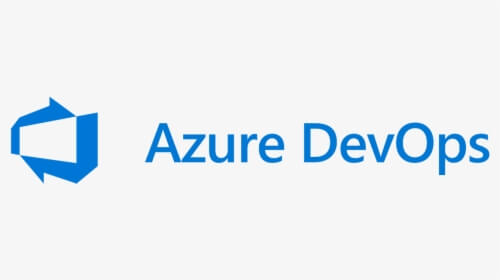
Team Foundation Server (TFS) and Visual Studio Team System (VSTS) are two Microsoft systems that are now one combined system called Azure DevOps. This open-source tool provides version control along with project management support. In use since 2005, TFS was one of the older tools available. Evolving over the years and incorporating Agile project management, TFS's on-premises software is now cloud-based.
The unique aspect of Azure DevOps is that it offers a range of project management features in addition to source version control. For example, it allows a project manager to assign roles and differentiate work items by function. It also uses project history to develop real-time data intelligence, which helps automate the workflow and streamline the development process.
Pros:
- Provides an end-to-end solution for software development teams.
- Scalable for teams of all sizes.
- Integration with a wide range of tools and services.
- Available as a self-hosted solution or as a cloud-based service.
Features:
- Version control using Git or Team Foundation Version Control (TFVC).
- Agile planning tools, including backlogs, boards, sprints, and custom work item types.
- Continuous integration and continuous deployment (CI/CD) pipelines.
- Test planning and management, including exploratory testing and continuous testing.
- Integration with Azure services, such as Azure Boards and Azure Repos, for seamless collaboration.
- Customizable dashboards and widgets for tracking progress and project health.
Pricing:
- Azure DevOps Server is available as a self-hosted solution, and the pricing is based on a per-user, per-month model. There are also pricing options for cloud-hosted Azure DevOps services. To get an accurate quote, you can use the Azure pricing calculator.
4. Git
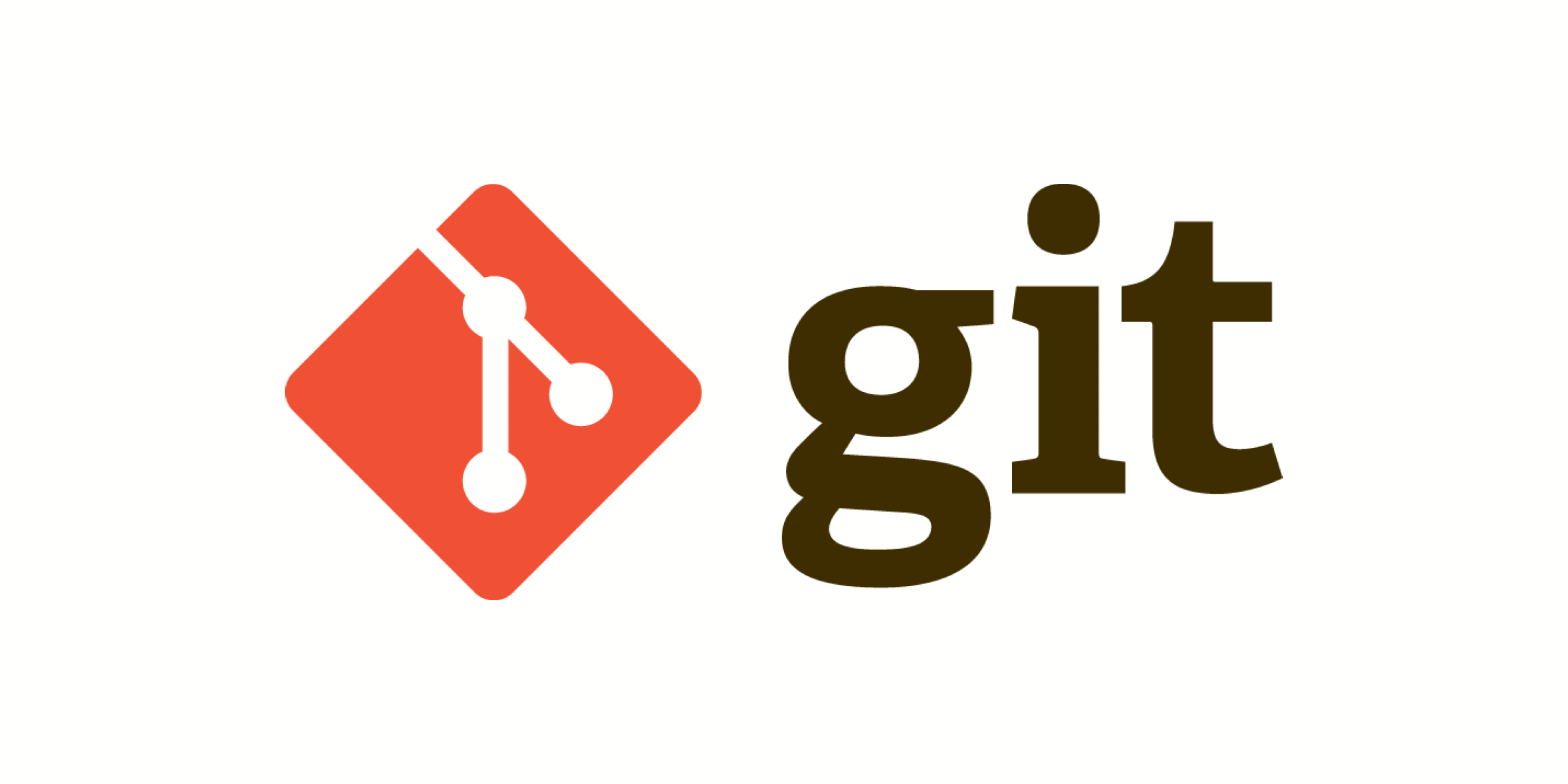
Git is a popular, open-source source code management tool designed for distributed version control and collaboration. It allows developers to manage source code history and collaborate with their team on a project in a decentralized manner. With Git, developers can track changes to their code, revert to previous versions, and collaborate with others on the same codebase, even from different locations.
One of the biggest advantages of Git is its distributed nature, which allows developers to work with a complete copy of the codebase, making it easy for them to work offline and easily switch between branches. Git is also highly customizable, and its simple, fast, and reliable performance make it a go-to option for many software development teams.
Pros:
- Free and open-source.
- Widely used and well-supported by a large community.
- Decentralized design enables offline work and easy branch switching.
- Simple, fast, and reliable.
- Customizable with a range of plugins and integrations.
Features:
- Distributed version control.
- Branching and merging.
- Diffs and merge tools.
- Wide range of plugins and integrations with other tools.
- Fast and reliable performance.
Pricing:
- Free
5. GitLab
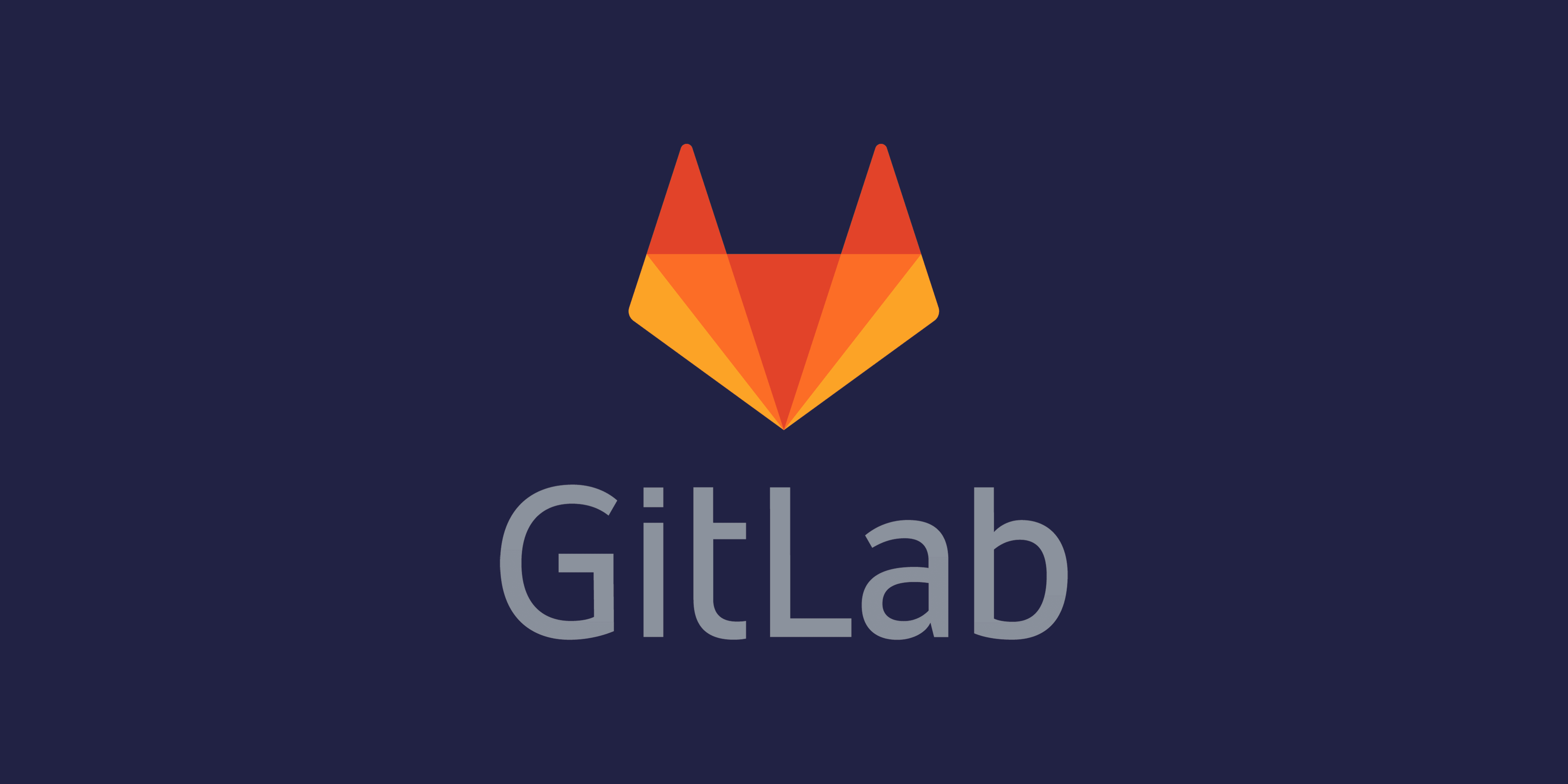
GitLab is yet another repository management tool that is hosted on the free hosting service named GitLab.com; alongside that, it also offers a Git repository management function with features such as access control, bug tracking, and code review.
GitLab CI is completely unified with GitLab, and it is very easy to use to link projects via the usage of GitLab API. Built using the Go language, GitLab has the ability to execute various operating systems like Windows, Linux, Docker, OSX, and FreeBSD.
Pros:
- Built-in Continuous Integration (CI) and Continuous Delivery (CD).
- The simple learning curve.
- Easy to use.
- Tests run distributed on separate machines, which can be added at any point in time – scalability of the devices.
- Each build can be split into multiple jobs, running in parallel on multiple machines to provide faster results.
- Continuous Delivery is achieved in multiple stages and environments and can be done in manual deployments.
Features:
- Publish static websites for free with GitLab Pages.
- Container Scanning.
- Push Rules.
- Multiple approvers in code review.
- Efficient Merge Request reviews.
- Code Quality Reports.
- Remote repository pulls mirroring.
Pricing:
- Free: Essential features for individual users.
- Premium: $19/month, Billed annually at $288
- Ultimate: $99/month, Billed annually at $1188
6. Apache Subversion

Apache Subversion is a popular open-source version control system designed to help software development teams manage and track changes to their code. Subversion allows users to maintain different versions of the same file and keeps a history of changes made over time. This helps ensure that developers can revert to earlier versions of a file if necessary. It also allows for collaboration among team members by enabling them to see and track each other's changes.
Subversion is designed to be scalable, efficient, and easy to use. It supports a wide range of platforms and can be used with most programming languages and development tools. Additionally, Subversion integrates with other development tools, such as issue trackers and build systems, to provide a complete development environment. It also provides robust security features, including access control, and can be run on various operating systems, including Windows, Linux, and macOS.
Pros:
- Open-source and free to use.
- Scalable and efficient, it can handle large codebases and many users.
- Easy to use and integrate with other development tools.
- Supports a wide range of platforms and programming languages.
- Robust security features for access control.
- Maintains a history of changes, allowing for easy revert to previous versions and collaboration among team members.
Features:
- Version control for software development.
- Track changes to files over time.
- Revert to previous versions of a file.
- Collaboration among team members.
- Integration with other development tools.
- Access control and security features.
Pricing:
- Free
7. Mercurial
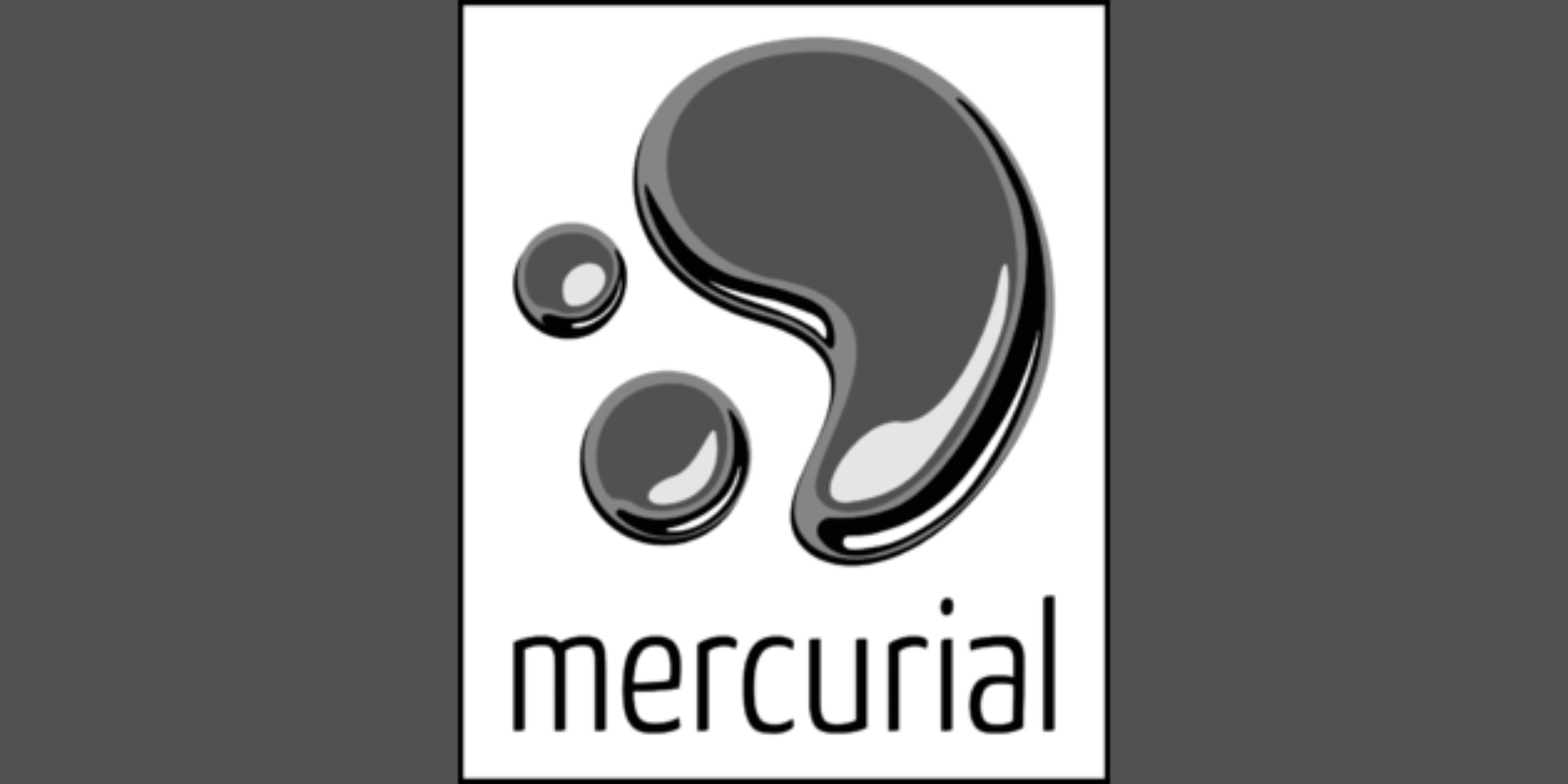
Mercurial is a free and open-source distributed control management tool. Mercurial helps to add new features and use them directly from the main hg command line as if they were built-in commands. It's also referred to as a revision control system. It efficiently handles projects of any size and offers an easy and intuitive interface.
Mercurial is a fast and powerful management tool its handles projects any size of a kind. Mercurial supports a multitude of workflows, and you can easily enhance its functionality with extensions. Mercurial's CLI is also quite similar to Subversion's, which can help ease the transition between the two tools.
Pros:
- Fast and efficient handling of large projects.
- Easy branching and merging.
- Distributed version control allows for offline work and decentralized collaboration.
- Good performance and scalability.
- Cross-platform compatibility.
Features:
- Open-source
- Add graphical history viewing.
- Distributed version control.
- Improvements to give a better overview of changes.
- Show file-mode changes.
- Efficient branching and merging.
- Allow marking lines of the "file" and "annotate" view.
- Add HTML anchors to any element.
- Atomic commits and rollbacks.
Pricing:
- Free
8. IBM Rational Case
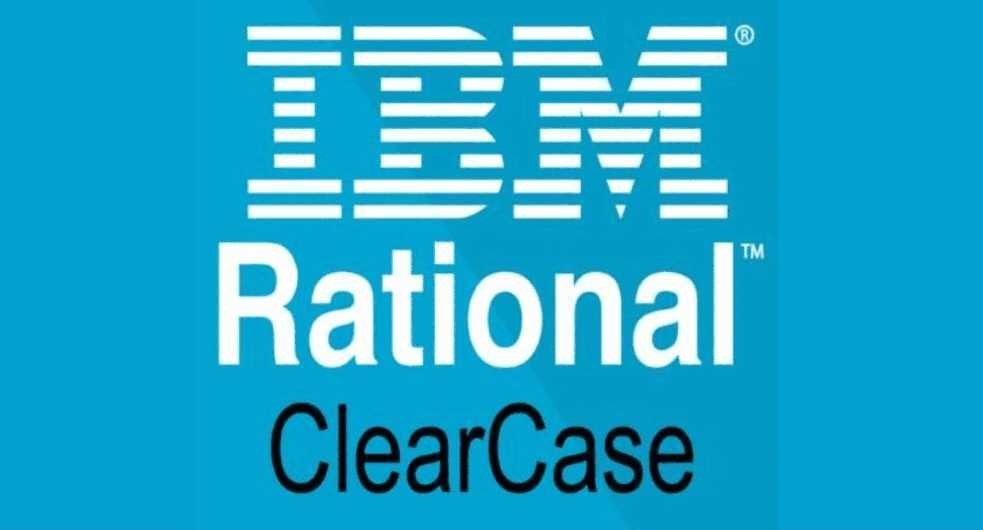
IBM Rational ClearCase is a repository-based tool that works with a broad range of operating systems. It allows for offline use, parallel development, and branching. Developers working on complex projects may prefer it to other tools due to its ability to accommodate large binary files and repository sizes.
IBM Rational ClearCase is not an open-source program; licensing can be expensive. It also lacks the speed that some other tools offer but remains a popular choice with some developers due to its convenient project configuration and ability to manage large volumes of data.
Pros:
- Scalable and flexible to support large and complex projects.
- Offers robust security and data protection features.
- Integration with other IBM Rational products and third-party tools.
- Supports remote teams with distributed version control.
- Offers advanced branching and merging capabilities.
Features:
- Version control for software development.
- Workspaces and stream-based development.
- Build management and continuous integration.
- Integration with IBM Rational tools and other third-party tools.
- Support for remote teams and distributed version control.
Pricing:
- IBM Rational ClearCase is commercial software, and its pricing is based on various factors, including the number of users, the version, and the level of support required. Contact IBM for a customized quote or to learn more about pricing options.
Conclusion
So, here I have shorted out the noteworthy eight source code management tools to boost the development process. Each source code management software mentioned here offers different features and benefits.
Each SCM tool offers unique features and benefits. So, choose as per your need and Requirements. We hope you find this collection helpful.
Let me know if you have any others in your mind, and I'll add them to the list.
Opinions expressed by DZone contributors are their own.

Comments